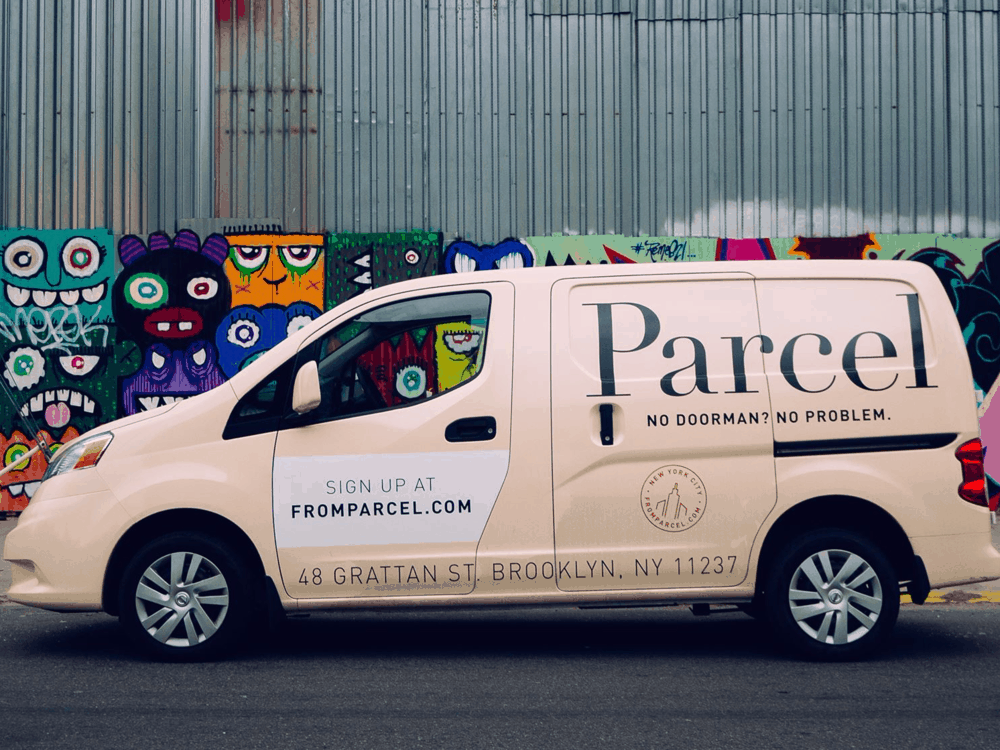Yesterday Target announced its purchase of Shipt, a same-day grocery delivery service for online orders based in Birmingham, Alabama, for $550M cash. Target had been one of the losers in the escalating logistics and delivery capacity war waged between Amazon and Walmart—Target stock has shed 26.2% of its value since its high point at $84.69 on July 17, 2015. Part of Target’s problem has to do with its struggles to keep up in the exploding e-commerce sector. Back in August, investors were crowing over Target’s “especially strong” Q2 e-commerce figures, which notched 32% growth. Walmart’s e-commerce business, already much larger than Target’s, grew an astonishing 60% in the same period. The acquisition of Shipt, then, represents a major play by Target to expand its online sales and meet customers’ expectations of fast, free delivery.
Target says that Shipt will allow it to offer same-day delivery services at half of its 1,828 stores by early 2018. This goal signals that Target is trying to keep pace with Walmart, which currently offers online grocery orders at 900 locations. It appears that food delivery/pickup services have really fueled growth in e-commerce sales generally: food sales now make up more than half of Walmart’s total revenue, and if you walk into Walmart today, you will see numerous blue-shirted pickers pulling food from the shelves and filling bins to fulfill online orders. Meanwhile, Target’s food sales were flat in Q2. When Target launches its same-day delivery, it will offer groceries, essentials, home products, and electronics, expanding that list over time. By the end of 2019, Target expects same-day delivery to include all major product categories carried by the store.
“By the 2018 holiday season, we will be servicing every major market across the country with same-day delivery, and Shipt’s service-oriented approach aligns well with Target’s commitment to delivering an exceptional shopping experience for our guests,” said John Mulligan, Target COO.
Target’s acquisition of Shipt follows Walmart’s October purchase of Parcel, a same-day delivery startup. Shipt was considerably further along and more expensive than Parcel: Shipt has a network of 20,000 personal shoppers that has already allowed to achieve delivery within hours in more than 72 markets. Parcel, by contrast, was a fledgling company serving only New York City that had raised less than $2M in seed money and, according to sources, was acquired by Walmart for less than $10M. So while it’s true that Target is leapfrogging Walmart’s same-day delivery capacity, Walmart has invested more in online order pickup. There is an independent same-day grocery delivery behemoth still in the wild, though: Instacart, which serves 36 markets and completed a capital raise of $400M valuing the company at $3.4B in March.

Shipt uses a completely different model than Parcel, though: shoppers working from Shipt deliver groceries in their personal vehicles, sort of like an Uber driver, while Parcel uses company cargo vans to make deliveries in a model more akin to traditional shorthaul expeditors. Both Walmart and Target will have to make large investments to increase their inventories as their big box stores transition to digital fulfillment centers that guarantee same- or next-day delivery. This means more linehaul truckloads keeping Target and Walmart’s huge store networks stocked to the brim and ready to fulfill orders at speed, and more demand for expedited team transit capacity in high-demand periods like the holiday shopping season.
Amazon, of course, is still leading the pack in terms of overall online sales—$92B in 2016. Walmart’s e-commerce business did $14.4B, and Target’s online business came in at $3.1B.
Stay up-to-date with the latest commentary and insights on FreightTech and the impact to the markets by subscribing.











